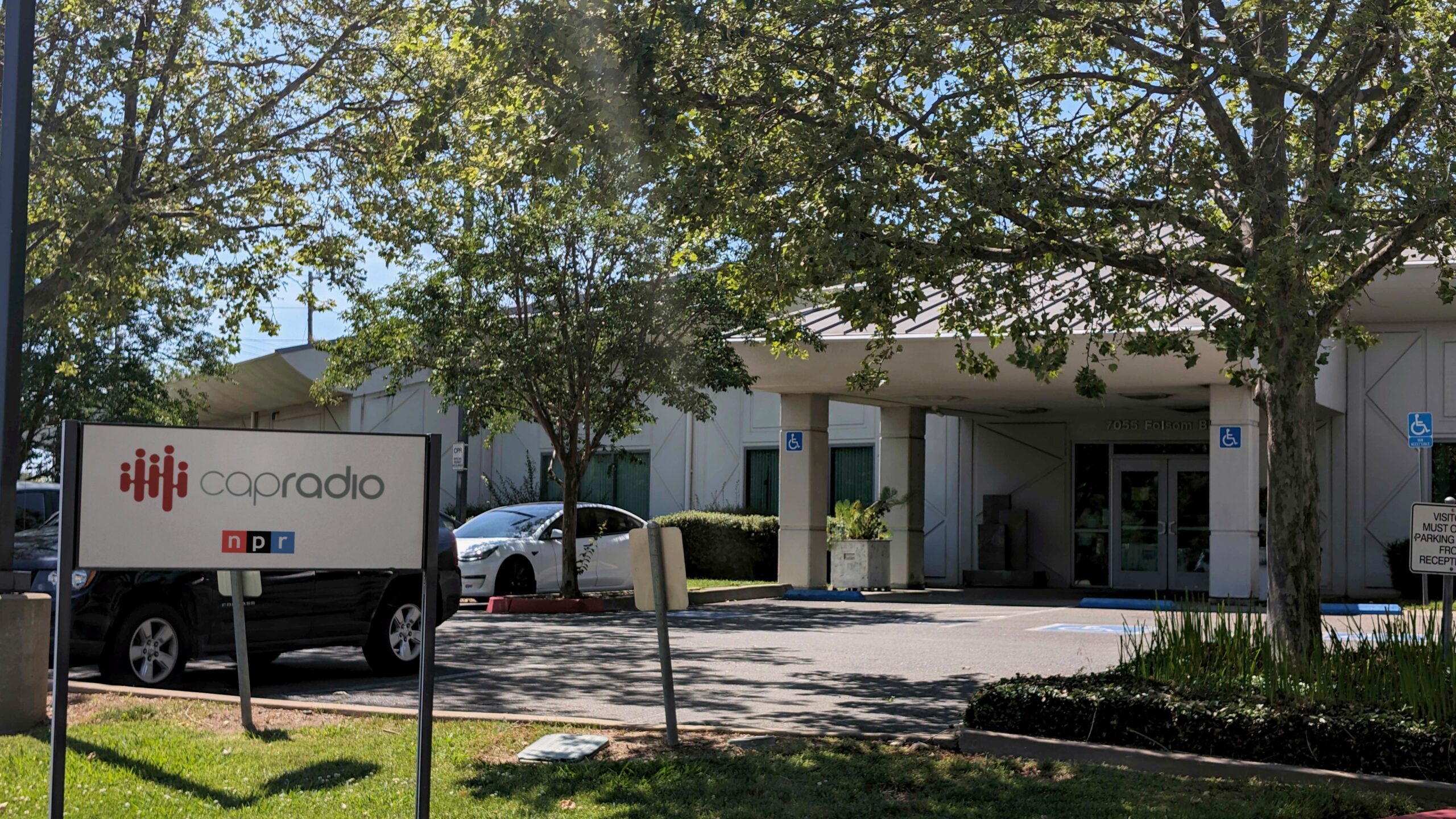Pubcasters maintain opposition to looser third-party fundraising rules as FCC leadership changes
With the FCC under new GOP leadership, public broadcasters are making clear their continuing opposition to a long-pending agency proposal that would allow noncommercial educational stations to devote up to 1 percent of their annual air time to raising funds for third-party nonprofits.
Under the FCC’s long-standing existing policy, noncommercial educational stations can raise funds on-air only for themselves. They can get waivers to raise funds for charities under extraordinary circumstances, such as for relief from natural disasters.
But in 2012 the FCC proposed relaxing the prohibition, contending that it would help stations serve their communities. “Allowing noncommercial stations to partner with charities, churches and other religious organizations, schools, and other non-profits to raise money for worthy causes will enable these stations to help meet the needs of their local communities,” said then-Chairman Julius Genachowski in a statement. “On-air fundraising by noncommercial stations can also help raise awareness about important local and international topics, such as poverty, health care, and humanitarian issues.”
Religious broadcasters spoke out in favor of the change, but public broadcasters cited a range of worries in opposing comments to the FCC. “It would open a can of worms,” said Craig Beeby, executive director of public broadcasting’s University Station Alliance, which opposed the change in comments to the FCC.
USA is concerned in part that the revised policy would prompt nonprofits to ask stations to raise money for them. That could include the universities and other institutional licensees that control many public stations.
Pubcasters also fear that the initiative could undermine public broadcasting’s commitment to public service programming and create unwanted new administrative burdens for station personnel. “On-air fundraising is always a disruption to programming,” Beeby said. “Adding additional fundraising for non-related entities is even further disruption.”
NPR has also opposed the change. Network representatives again emphasized their concerns in a March 1 meeting with top aides to new FCC Chairman Ajit Pai, according to a lobbying disclosure report filed at the FCC.
“NPR noted its previously expressed concerns about the possible impact such a rule change would cause by encouraging the use of NCE broadcast stations as fundraising vehicles for independent third parties or other non-station interests rather than as sources of public interest programming,” NPR said in the disclosure.
In its initial opposing comments, NPR warned that allowing the third-party fundraising “would create the potential for stations to be inundated with requests from local nonprofits, jeopardizing relationships with potential programming partners and imposing an administrative burden on station staff.”
“In addition, adopting the Commission’s proposal could subject stations to undue pressure from affiliated entities,” NPR continued. “Perhaps most importantly, a removal of the prohibition may also undermine stations’ ability to raise funds from their members, who are vital to stations’ economic well-being.”
American’s Public TV Stations joined NPR in its initial opposition and continues to hold the same views, according to APTS EVP Lonna Thompson. “I think our members would continue to have concerns about the proposal,” Thompson said in an email. “We are on the same page as NPR and its members on this issue.”
National Religious Broadcasters has been leading support for the proposal and is vowing to continue.“It’s a win-win proposal that NRB supports and hopes that Chairman Pai will move swiftly to completion,” said Aaron Mercer, NRB’s VP of government relations, in an emailed statement.
NRB and even an internal FCC report had recommended that noncommercial stations receiving CPB funding be excluded from the looser regulations. PBS and America’s Public Television Stations also backed that approach. Yet the FCC ended up proposing relief for all noncoms.
“CPB-qualified stations have a unique statutory mission of public service that could be undermined by a rule change allowing on-air interruptions to fundraise for third parties outside of the waiver process,” PBS and APTS said in their joint comments. “This unique role should be preserved through the Commission’s authority to distinguish between CPB-qualified stations and other NCE stations. Should the Commission conclude that it cannot draw this distinction in its third-party fundraising rules, then the Commission ought to maintain the current rules.”
“We haven’t approached the new administration on this proceeding — yet,” said NRB’s Mercer. “However, a number of our members are interested and it’s a priority for NRB. It’s a nonpartisan, community-serving proceeding that has languished for too long already.”
In 2012, UNC-TV in Chapel Hill, N.C., filed comments at the FCC supporting the deregulatory proposal. But UNC-TV’s management and the president of the University of North Carolina, its licensee, has since changed.
“Current leadership has not evaluated the issue and has no plans to do so unless and until such time as the FCC actually makes a request for comments on a new proposal,” said T. Brooks Skinner, associate GM and general counsel, in an email.
An FCC spokesman declined comment on why the proposal has yet to be voted on or whether Pai intends to schedule a vote.







Terrible idea. Inherent corruption of every station’s mission. Don’t let it happen.